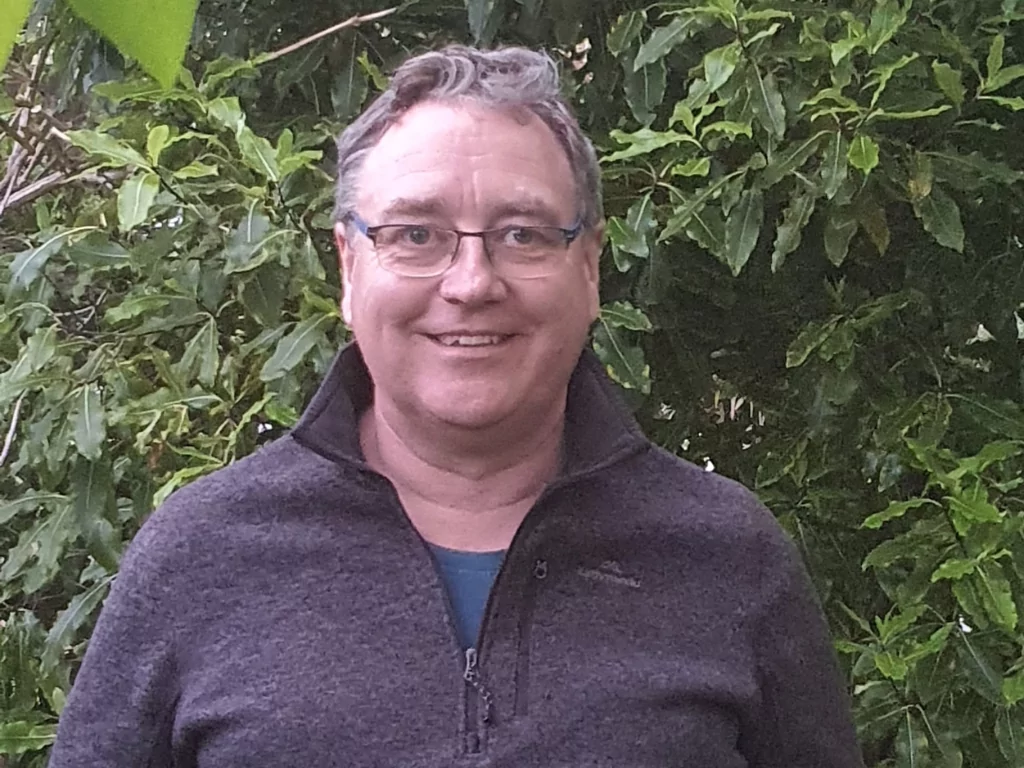Escaped youth tracked by Eagle helicopter, found hiding in New Brighton
The young person who escaped from a youth justice facility in Rolleston has been located...
Proudly powered by VAST – NZ’s leading digital advertising billboard company. FIND OUT MORE

A world-first genomic study underway in Canterbury could dramatically reduce chemical use in New Zealand’s wine industry and save growers millions.
Scientists at Lincoln University are using a state-of-the-art genome sequencer to identify natural disease-resistant traits in grapevines, allowing farmers to cut down on chemical sprays without compromising crop health.
New Zealand farmers currently use 3,400 tonnes of pesticides annually. According to the US Environmental Protection Agency, a large percentage of those are suspected carcinogens, including 60 percent of fungicides used in the country.
Early results from the study suggest that in some cases, fungicide use could be reduced by up to 80 percent.
Associate Professor Christopher Winefield from Lincoln University’s Department of Wine, Food & Molecular Biosciences said the potential for transformation was enormous.
“Vineyards are heavily reliant on chemicals to fight fungal disease, and that comes at a cost to long-term crop health, the soil microbiome and the environment,” he said.
“Even removing a single spray late in the season can have multiple benefits. It lowers costs, reduces residue risks in wine and lessens the environmental burden.”
The research is backed by the installation of an MGI DNBSEQ-G400 genome sequencer, a next-generation DNA reading machine that allows the lab to process more than 50,000 grapevine samples a year — a 100-fold increase from previous capacity.
“Having this technology on site means we no longer need to send samples offshore for analysis. That’s saving time and money and allowing us to move at a completely different scale,” Winefield said.
The study, the first of its kind in New Zealand, has broader implications beyond wine. Researchers are forming a new commercial venture to make genomic testing accessible to the wider agriculture sector, including dairy and horticulture.
Winefield said the goal is to drive down the cost of genomic testing so individual growers can afford real-time disease monitoring and make targeted decisions about treatment.

Associate Professor Christopher Winefield, Department of Wine, Food & Molecular Biosciences at Lincoln University
“This isn’t genetic modification. We’re identifying natural variations to breed stronger, more resilient plants. With climate change increasing the unpredictability of disease outbreaks, this type of precision agriculture is not only innovative, it’s essential.”
The system enables real-time detection of diseases like powdery mildew and mealy bug, allowing growers to target spraying only where needed.
MGI Australia director Dr Bicheng Yang said the partnership with Lincoln University showed how cutting-edge technology could support sustainable farming.
“By helping researchers understand the genetic factors that improve disease resistance and fruit quality, we’re enabling a future where viticulture relies less on chemicals and more on the natural resilience of the plant,” he said.
The researchers aim to scale the new venture to process more than a million samples a year, growing to 10 million annually within five years.
Winefield said New Zealand’s climate diversity makes it an ideal test bed for exporting genetic insights globally.
“New Zealand may never feed the world by volume, but we can feed it through science, by exporting the tools and knowledge that help the world farm smarter.”
A world-first genomic study underway in Canterbury could dramatically reduce chemical use in New Zealand’s wine industry and save growers millions.
Scientists at Lincoln University are using a state-of-the-art genome sequencer to identify natural disease-resistant traits in grapevines, allowing farmers to cut down on chemical sprays without compromising crop health.
New Zealand farmers currently use 3,400 tonnes of pesticides annually. According to the US Environmental Protection Agency, a large percentage of those are suspected carcinogens, including 60 percent of fungicides used in the country.
Early results from the study suggest that in some cases, fungicide use could be reduced by up to 80 percent.
Associate Professor Christopher Winefield from Lincoln University’s Department of Wine, Food & Molecular Biosciences said the potential for transformation was enormous.
“Vineyards are heavily reliant on chemicals to fight fungal disease, and that comes at a cost to long-term crop health, the soil microbiome and the environment,” he said.
“Even removing a single spray late in the season can have multiple benefits. It lowers costs, reduces residue risks in wine and lessens the environmental burden.”
The research is backed by the installation of an MGI DNBSEQ-G400 genome sequencer, a next-generation DNA reading machine that allows the lab to process more than 50,000 grapevine samples a year — a 100-fold increase from previous capacity.
“Having this technology on site means we no longer need to send samples offshore for analysis. That’s saving time and money and allowing us to move at a completely different scale,” Winefield said.
The study, the first of its kind in New Zealand, has broader implications beyond wine. Researchers are forming a new commercial venture to make genomic testing accessible to the wider agriculture sector, including dairy and horticulture.
Winefield said the goal is to drive down the cost of genomic testing so individual growers can afford real-time disease monitoring and make targeted decisions about treatment.
“This isn’t genetic modification. We’re identifying natural variations to breed stronger, more resilient plants. With climate change increasing the unpredictability of disease outbreaks, this type of precision agriculture is not only innovative, it’s essential.”
The system enables real-time detection of diseases like powdery mildew and mealy bug, allowing growers to target spraying only where needed.
MGI Australia director Dr Bicheng Yang said the partnership with Lincoln University showed how cutting-edge technology could support sustainable farming.
“By helping researchers understand the genetic factors that improve disease resistance and fruit quality, we’re enabling a future where viticulture relies less on chemicals and more on the natural resilience of the plant,” he said.
The researchers aim to scale the new venture to process more than a million samples a year, growing to 10 million annually within five years.
Winefield said New Zealand’s climate diversity makes it an ideal test bed for exporting genetic insights globally.
“New Zealand may never feed the world by volume, but we can feed it through science, by exporting the tools and knowledge that help the world farm smarter.”

